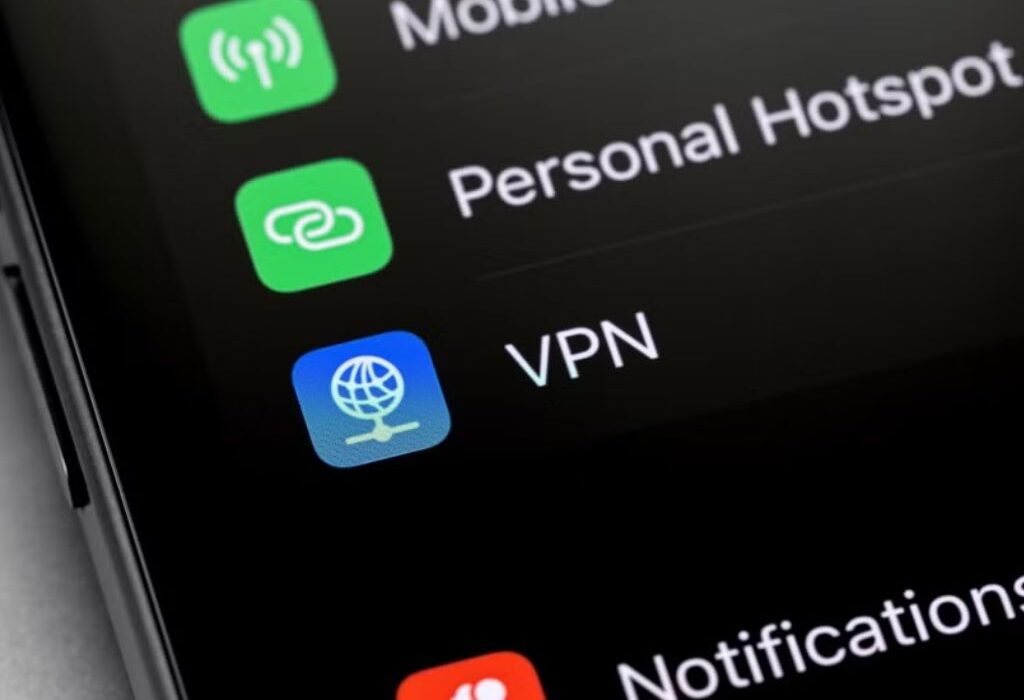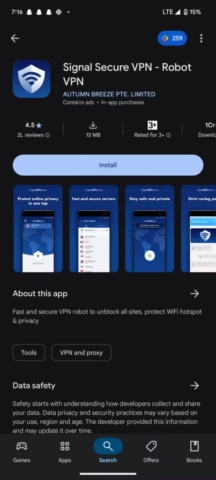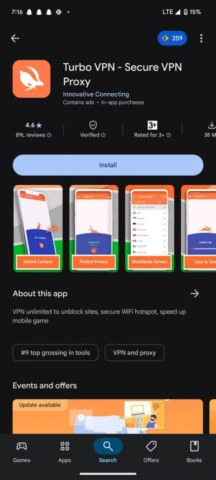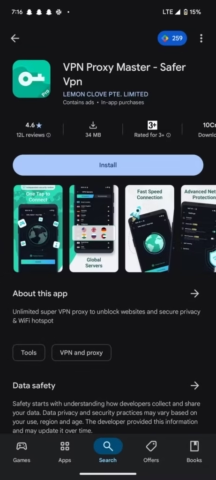Using a VPN can help protect you online—as long as you’re using the right one. Just because a VPN is free and available on an official app store doesn’t always mean it’s safe to use.
Chinese VPNs Might Be Stealing Your Data
An investigation by the Tech Transparency Project (TTP) into the top 100 free VPN apps on the Apple App Store found as many as 20 apps with undisclosed Chinese ownership. These apps have been downloaded over 70 million times.
Five apps, including Turbo VPN, VPN Proxy Master, Thunder VPN, Snap VPN, and Signal Secure VPN, have been linked with Qihoo 360, a company with suspected ties to the Chinese military. In June 2020, the US sanctioned Qihoo 360, citing national security reasons.
Apart from these five apps, a full list is as follows, along with those already removed from the App Store.
- Alphaoo Net (removed from App Store)
- Best V2ray (removed from App Store)
- Best VPN Proxy AppVPN
- HulaVPN
- Incognito Net (removed from App Store)
- LinkWorldVPN
- Now VPN
- Ostrich VPN
- Pearl VPN
- Speedy Quark VPN
- SwiftLink VPN (removed from App Store)
- VPN Bucks
- VPN Proxy Master
- VPN Proxy OvpnSpider
- VPN Ⓟ (removed from App Store in 2024)
- VPNIFY
- WireVPN – Fast VPN & Proxy
- Wirevpn – Secure & Fast VPN
- X-VPN
This isn’t a problem with Apple’s App Store alone. I found all five of the Qihoo 360 apps and several others on Google Play, with several apps having four-star or higher ratings and millions of downloads. Turbo VPN even has a verified badge on the Play Store, distinguishing it from other apps as trustworthy and secure.
Why Are These Free Chinese VPNs a Problem?
VPN apps work closely with your internet traffic to encrypt it online and change your IP address and location to make it look like you’re accessing the internet elsewhere. However, if the VPN provider isn’t trustworthy, your data could fall into the wrong hands, as service providers can potentially monitor your internet traffic as it gets rerouted through their servers.
China has strict laws that force companies in the country to share access to their users’ data with the government—putting the user data from these VPN apps straight into the government’s hands. Considering these apps are available on Android and iOS globally, millions of users worldwide are at risk.
App stores can’t restrict apps based on the location of their developers, but they do have guidelines in place for specific apps to protect user data. Apple prohibits VPN services on its app store from selling, using, or disclosing any user data for any purpose to third parties, and failure to comply can lead to the app’s removal from the App Store.
If you’re using any of the apps mentioned above, I strongly recommend deleting your account and the app itself as soon as possible. There are other, more secure VPN alternatives, like Proton VPN, SurfShark, and NordVPN, that offer free tiers with better protection. If you can, ponying up for a premium VPN is the best way forward.









